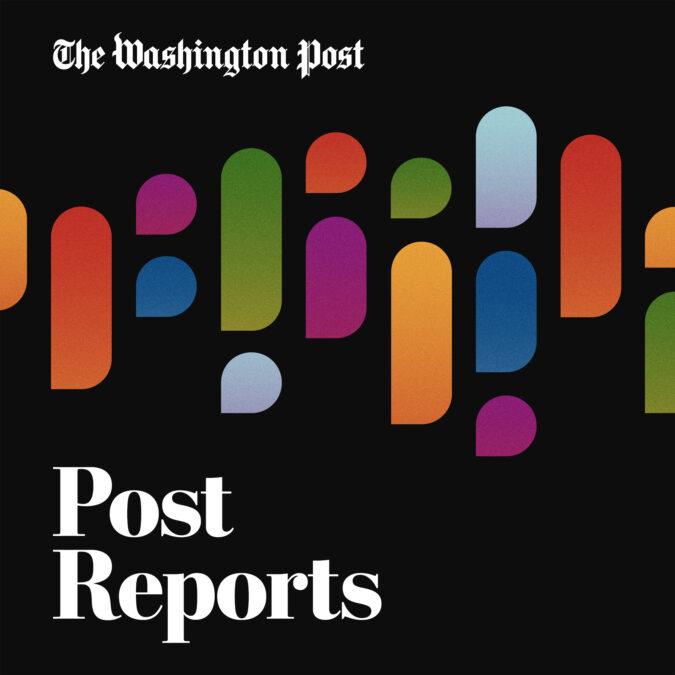Today on “Post Reports,” we join The Post’s Lillian Cunningham on her journey through the messy past and uncertain future of America’s most awe-inspiring places: the national parks. Next stop? Glacier.
Read more:
All 63 national parks sit on Indigenous ancestral lands. They’re places Native Americans called home for thousands of years. But for more than 100 years, these places have also been public lands, intended to benefit all Americans. Sometimes that puts Native American tribes and the National Park Service into conflict.
That’s particularly true in Glacier National Park, where members of the Blackfeet have fought to preserve their deep connection to the land in the nearly 130 years since the tribe ceded it to the U.S. government.
In this episode of “Field Trip,” Washington Post reporter Lillian Cunningham takes listeners on an immersive journey, as she drives off the park’s Going-to-the-Sun Road and onto the Blackfeet reservation. Because to get inside the heart of Glacier today, you have to go outside it.
We’ll hear the story of how Ed DesRosier challenged park officials for the right to tell his people’s story inside Glacier; meet two women, Rosalyn LaPier and Theda New Breast, who practice their families’ traditions on both sides of the park border; and talk to Ervin Carlson about a plan, years in the making, to return free-roaming buffalo to the park.
We’ll also take a detour to Washington, D.C., where we’ll hear from Charles Sams III, the first Native American to helm the National Park Service, about what the future of collaboration between parks and tribes could look like.
You can see incredible photos of Glacier and find more on the national parks here. Subscribe to Field Trip here or wherever you’re listening to this podcast.









